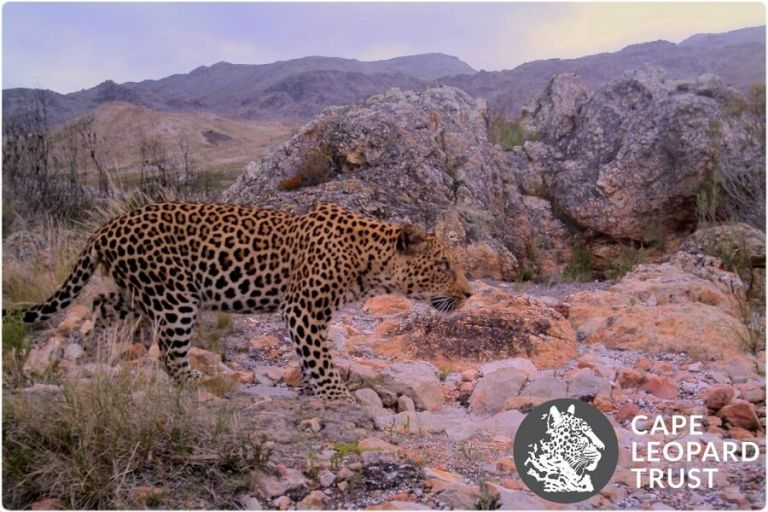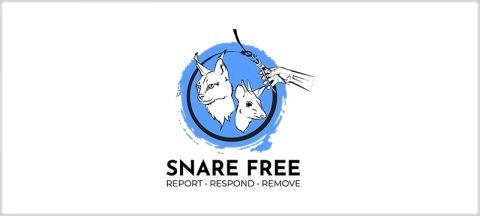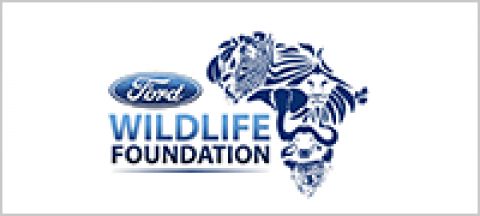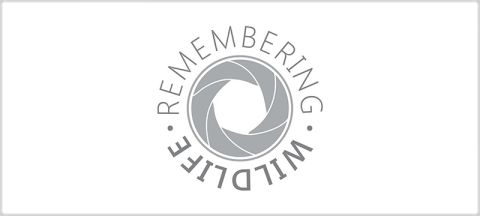Several WWF Conservation Champions farms promote and support the conservation of the threatened Cape mountain leopard, setting an example of environmental protection in the wine industry.
Vineyards have become integrated into the natural landscape of the Cape Winelands. For many wine makers, years of production has taught them the key to balance between the use and protection of their natural heritage. Covering more than 45 000 km2, fynbos occurs throughout the Western Cape, surrounding vineyards and helping keep the natural balance.
Fynbos has become world renowned for it’s unique flowers and rich endemic biodiversity. Historically, it has also been home to many large animals, such as lions, hippos, elephants and rhino. The loss of large animal biodiversity, due to over-hunting, direct persecution and expanding human development, has had a significant impact on the natural systems within fynbos. The largest remaining predator, the Cape mountain leopard, could face a similar destructive end unless collective conservation efforts are increased.
The Cape Leopard Trust was founded in 2004 and started researching the Cape mountain leopard to foster a greater understanding of their behaviour and advocate for peaceful coexistence. Leopards are occasionally spotted in natural areas surrounding vineyards in the Boland, Overberg, and Cederberg. Core projects are run in the Cederberg and Boland areas, where Conservation Champion wine farms such as Cederberg Private Cellar, Delheim, La Motte, Bartinney, Boschendal, Vondeling, Gabrielskloof, Paul Cluver, Schalkenbosch, Oak Valley, Waterford, Waterkloof, Wildekrans, Lourensford and Vergelegen installed camera traps for surveying and monitoring.
Cape mountain leopards are unique in many ways, they are small (20 – 35 kg on average for females and males respectively) and have massive territories (80 – 1000 km2). Each leopard has its own unique spot patterns, much like our fingerprints. This makes it possible to identify individual leopards and estimate population sizes in various areas.
Camera traps don’t only capture sightings of leopards, but many other animals too - porcupine, aardwolf, honey badger, klipspringer, polecats, genet and African wildcats.
Many farms are dedicated to the preservation of these beautiful creatures as well as their habitat in the fynbos. Some have committed to the highest degree of conservation efforts upheld by the World Wide Fund for Nature (WWF-SA) Conservation Champion program. These Champion farms’ commitment spans water, energy, waste and invasive alien plant vegetation management and sustainability. Champion farms support leopard conservation by supporting research, providing resources for outreach and education and contributing financially to the functioning of the Cape Leopard Trust.
To find out more about the WWF Conservation Champions, visit http://www.wwf.org.za/our_work/projects/conservation_champions.cfm or download the Champion Wine Farm Guide app (www.championwineguide.co.za) for a list of Conservation Champions.
Find out how you can support the Cape Leopard Trust by visiting www.capeleopard.org.za. Photo’s obtained from the Cape Leopard Trust. Also follow them on Facebook, Instagram and Twitter

















